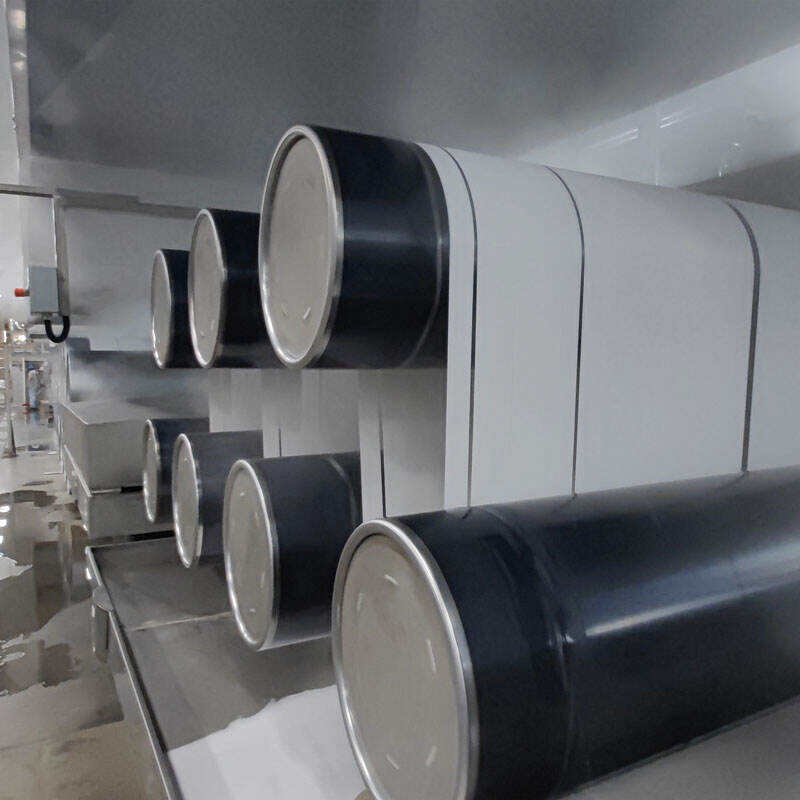Soft Gem | High-Quality PSF Production Line Facilities & Professional Services
Discover Soft Gem’s premium PSF production line facilities, designed for durability and efficiency. Our product range includes Polyester Staple Fiber lines, 3D hollow conjugated PET systems, high tenacity PSF plants, and flexible bi-component/PLA solutions. Key features include intelligent control systems, customizable capacity (2–200 tons/day), and a titer range suited for diverse applications. As a professional manufacturer with 30+ years of experience, we offer full-cycle services: project design, equipment manufacturing, installation, and 7×24-hour technical support. Trust our factory-priced, high-quality PSF production lines to enhance your fiber manufacturing operations.
Get A Quote
